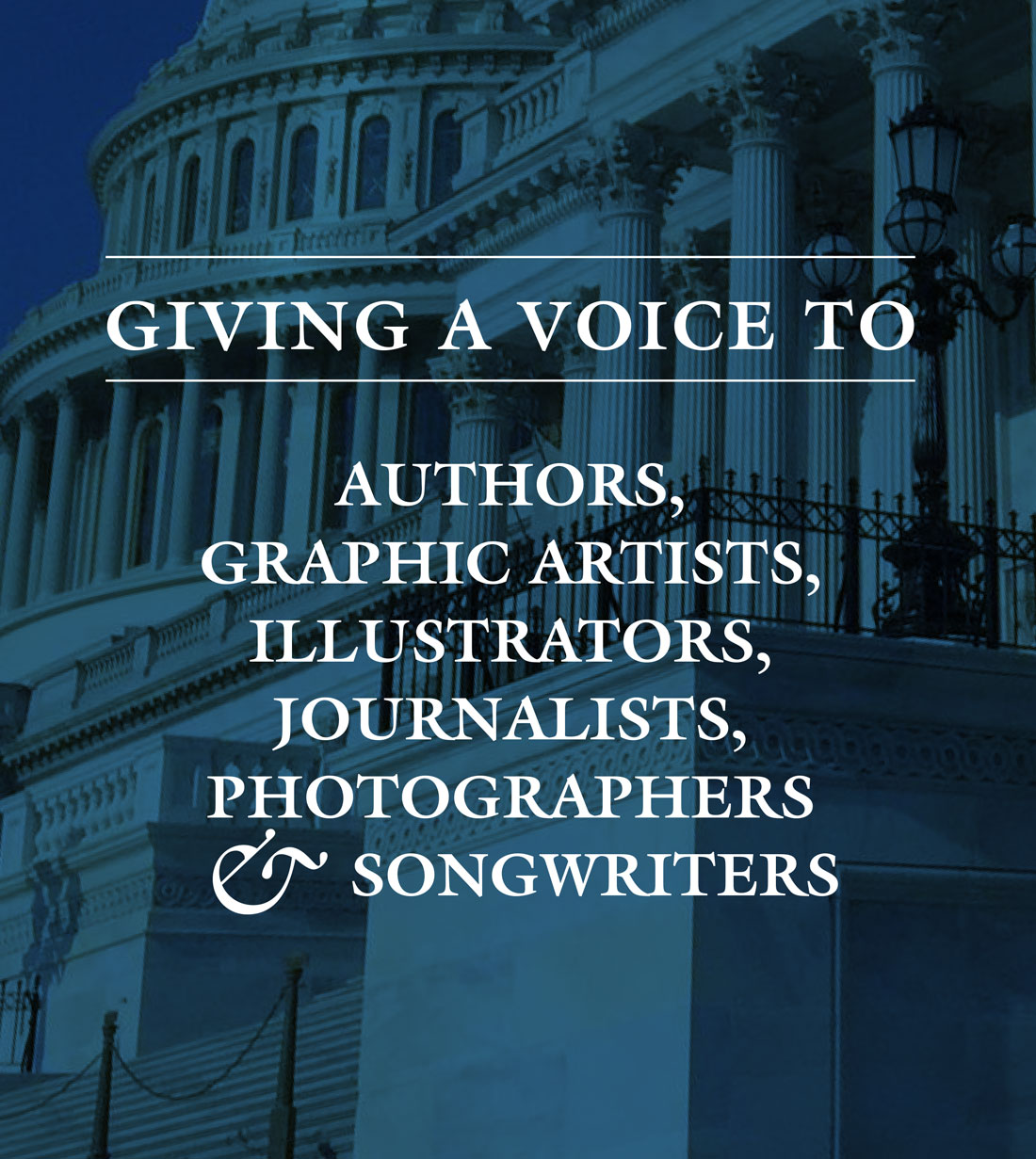We collect money from various foreign and domestic Reprographic Rights Organizations and distribute it to our Member Organizations who use it for the benefit of published authors.
Authors Coalition of America LLC was originally incorporated in New York in 1994 and reincorporated in Delaware on April 21, 2008.
ACA is a membership company and, for practical purposes, functions as a partnership. The benefits flow through to Member Organizations and are not taxed at the ACA LLC level.
Each Member Organization must meet certain standards. Through our website, personal, and professional contacts, we make it known to organizations that might be eligible that they should apply.
Briefly all members are American author organizations with 500 published authors whose primary purpose is the professional advancement of authors. Members must be national organizations funded by its authors and not discriminate on the basis of race, gender, sexual orientation, political belief or national origin. More detail can be found here.
Yes, as do organizations of and for songwriters, playwrights, composers, lyricists, and visual and graphic artists. Author means broadly any creator whose works can be reprographically or otherwise visually reproduced. If it can be copyrighted and it can be copied on an analog device — such as a copier — or digitally copied — such as a pdf file — the person who created it is probably an Author.
There are 23 Member Organizations at this time. A listing can be found here.



